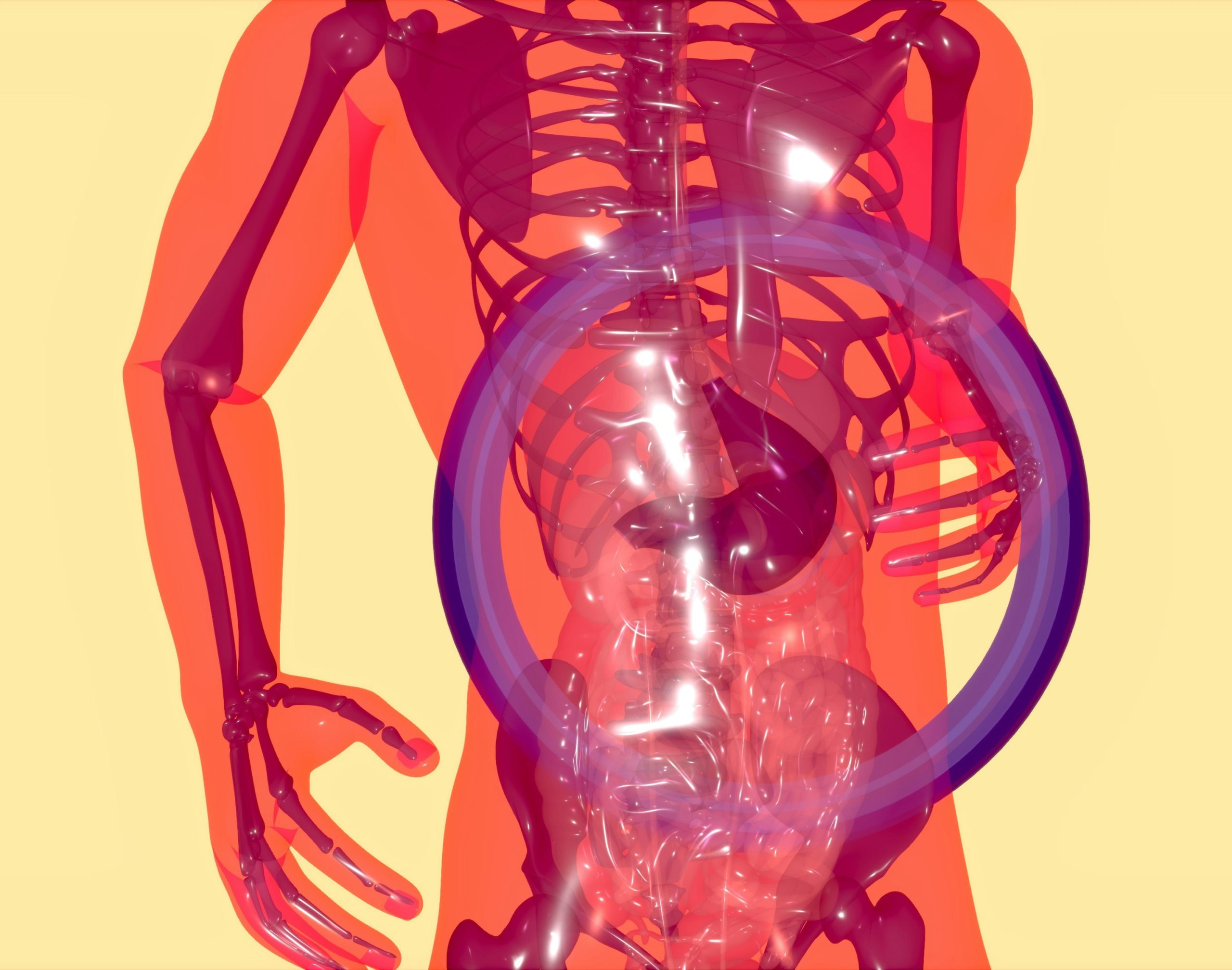PPIs: Proton Pump Inhibitors

PPIs – From Unknown to Ubiquitous in 35 Years
Prilosec (omeprazole), released in 1989, became the first prescription-only proton pump inhibitor (PPI). This was a new drug class at the time, used for treatment of ulcers, gastroesophageal reflux disease (GERD), and erosive esophagitis. However, this class of drugs has come a long way since then, with the addition of new PPIs and with Prilosec eventually becoming both generic and over-the-counter (OTC) in 2001. PPIs are now one of the most commonly used class of drugs, with omeprazole being among the top 10 most prescribed drugs in the U.S. But are they safe for long-term use? Are there options for people who can’t swallow pills or have a feeding tube? Can they just be stopped suddenly? Since some PPIs are available without a prescription, it is important to know the answers to these questions. It is impossible to cover every facet of PPI use, so this article will concentrate on these specific questions.
Availability of PPIs
The following PPIs are available either Rx or OTC:
- Omeprazole (Prilosec) –delayed-release capsules and tablets, orally disintegrating tablets (ODT), and granule packets to be mixed with liquids (take 30min before first meal)
- Esomeprazole (Nexium) – delayed-release capsules and tablets and powder packets (take 30min before first meal)
- Lansoprazole (Prevacid) – delayed-release capsules and tablets and ODT (take 30min before first meal)
The following PPIs are available Rx only:
- Pantoprazole (Protonix) –delayed-release tablets and granule packets (take 30min before first meal)
- Dexlansoprazole (Dexilant) – delayed-release capsules (can take without regard to food)
- Rabeprazole (AcipHex) – delayed-release tablets (take first thing in the morning before a meal)
What are my options if I am unable to swallow tablets or capsules?
Since most of the PPI dosage forms are delayed or extended release, they cannot be crushed and are therefore unable to be used for people who cannot swallow capsules/tablets or who have a gastrostomy tube (G-tube) or other feeding tube. Fortunately, there are a few options for such patients.
Omeprazole, lansoprazole, and esomeprazole capsules can be opened and sprinkled on applesauce. Granule or powder packets can also be utilized. However, there are challenges when using these in feeding tubes since “clumping” can occur and occlude the tube. The best option is a compounded liquid form, which is generally a PPI such as omeprazole capsules that are opened and the contents mixed with sodium bicarbonate solution to dissolve the pellets. This has always been a relatively common and easy product to compound. However, a new product has recently been released that precludes the need to compound the solution (and in fact, some states such as Missouri no longer allow the product to be compounded) – KONVOmep.
KONVOmep is a prescription-only solution of omeprazole and sodium bicarbonate for oral suspension. It is basically a kit containing 2 bottles, which are mixed together to form the solution. Indicated for treatment of benign gastric ulcer or reducing risk of upper GI bleeding in critically ill patients, it offers on option for patients with feeding tubes or for those unable to swallow an oral solid dosage form. However, being Rx only, it is not readily available for those looking for an OTC product.
Can I take a PPI forever?
In general, PPIs are intended for short-term use to reduce acid indigestion or GERD – usually 14 days or less. However, depending on the condition being treated, it is not unusual for a PPI to be used long-term. But of course there are potential risks with long-term use, including the following:
- Calcium malabsorption (increased fracture risk)
- Magnesium malabsorption – cardiovascular risk
- Vitamin B12 deficiency
- Clostridium difficile (C diff) associated disease
- Community-acquired pneumonia
- Dementia
- Chronic kidney disease
In some cases, no clear association can be identified between use of PPIs and these risks; the benefits of the PPI may outweigh the risks of long-term use. However, it is important to be cognizant of these potential adverse effects and discuss them with a healthcare professional.
Can I abruptly stop taking a PPI if I have been on it long-term?
Unfortunately, rebound acid reflux can occur if a PPI is abruptly discontinued, which is then often mistaken for continued need for the PPI. This leads to overutilization (defined as longer than the recommended timeframe of 4 to 8 weeks). Unless you are under the care of a physician who has prescribed the PPI for long-term use and is monitoring you on a regular basis, an OTC PPI should be limited to the shortest period of time to reduce or relieve symptoms. It is best to taper off a PPI by reducing the dose over a course of days/weeks (generally 2-4 weeks). Check with your pharmacist or physician for the best approach based on the PPI you are taking, as well as the dose you are using.
It is fair to say that the availability of PPIs, especially OTC, has been beneficial for so many people who suffer from various GI symptoms/conditions. But always remember: just because something is available OTC does not mean it is safe to take beyond the labeled information, so it is very important to discuss continued use with your physician or pharmacist.
Written by: Steve Hebel, RPh




